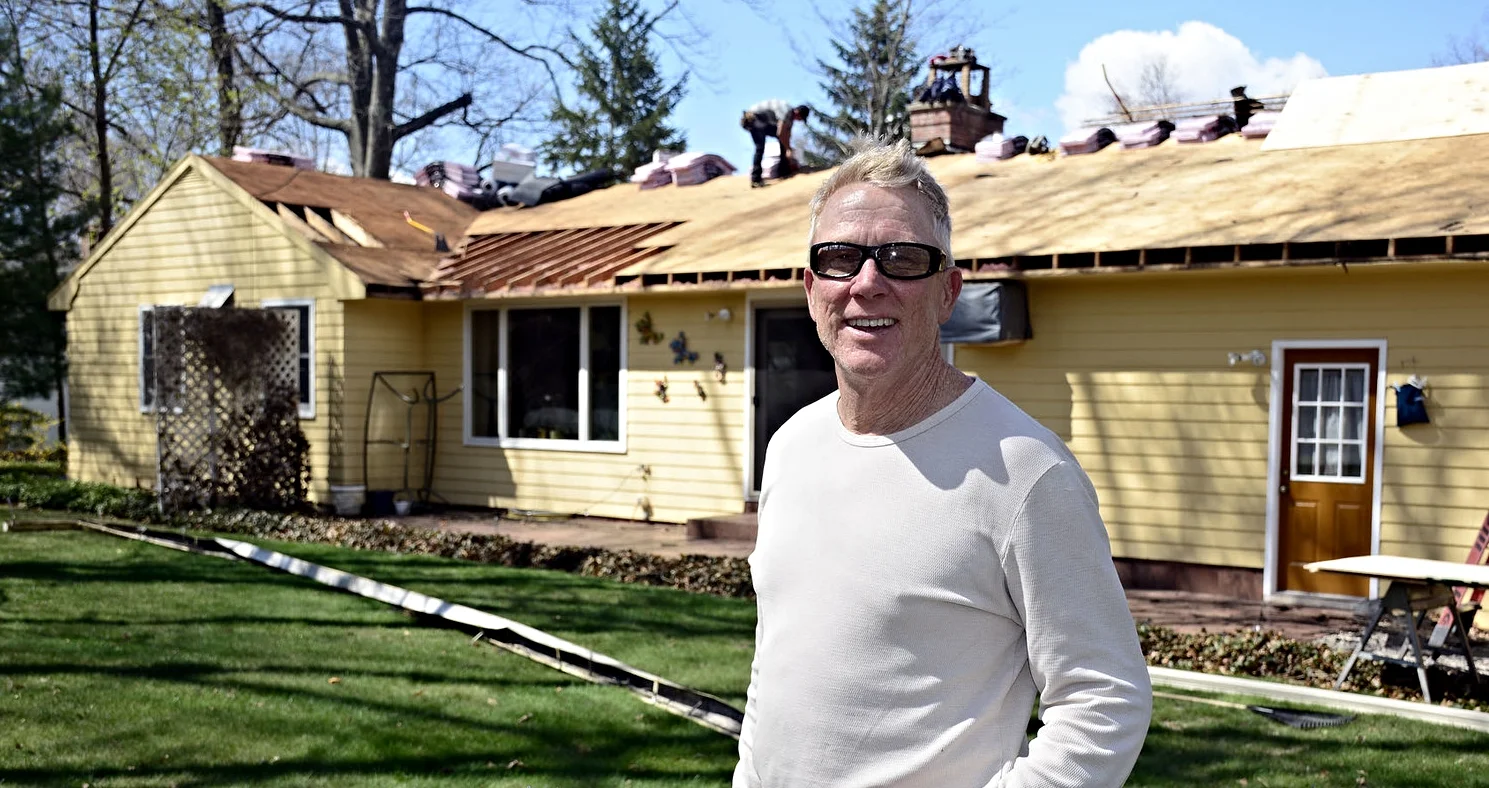Make Hot Water Heater Maintenance A Priority
Chelsea O'Donnell
No one wants to be thinking about winter quite yet, but now is actually a great time to make sure your water heater is in good working order. Major appliance maintenance such as this might seem like a big task, but if you haven’t had issues in the past, a simple check-up and clean-out can really help it run more efficiently while lengthening its life. Here are some tips.
As a water heater operates, it collects sediment that can cause decay if left in the tank over time. Drain your water heater at least twice a year to get rid of any buildup, which will prevent corrosion and increase the machine’s energy efficiency. I like to do this in the fall and early spring, before and after its busy season.
First, turn off the unit and give it plenty of time to cool down. Then, using a garden hose and pump, drain the water into a bucket. If the bucket becomes filled with brown, sediment-tainted water, continue to refill and drain your heater until the water looks clean again. When you’re in the clear, you can disconnect your hose and turn the unit back on.
Keep your water heater at a steady 120 degrees and lower it down if you’re planning on leaving the house for three days or more. For every 10 degrees you decrease the temperature, you’ll save five percent in energy costs.
Insulate the tank and pipes with fiberglass. For the tank, fit a fiberglass blanket using foil tape, but be sure not to cover any valve or pipe openings. For the pipes, you can use fiberglass wrap or foam insulation. By adding a layer of insulation to your water heater, you’ll keep the warmth from escaping into the air and you’ll protect the machine from condensation in the warmer months.
If you have a valve that’s leaking, make sure that the fittings are nice and tight. If anything is loose, you might have to replace the valves or fittings. You can find the parts you’ll need at a local hardware store – just don’t forget to shut off the water before fitting them!
Remember, working with electric or gas appliances can be dangerous. If you’re not familiar with how your unit operates or if you’re not comfortable with this kind of work, contact a plumber for a routine maintenance check.
The average lifecycle of a water heater is about eight to twelve years and they can cost anywhere from $300 for an electric tank system to well over $1,000 for a tankless energy efficient natural gas appliance. If you’re in the market for a new machine, do your research and make sure you maintain it regularly to ensure that it will go the distance.
Bob O’Donnell is the owner of O’Donnell Bros. Inc., a Bristol-based home improvement company established in 1975. Email your questions for Bob to info@odonnellbros.com with the subject line “Ask the Pro.” All questions may be considered for publication. To contact Bob for your remodeling needs, call O’Donnell Bros. Inc. at (860) 589-5155 or visit www.odonnellbros.com. Advice is for guidance only.
